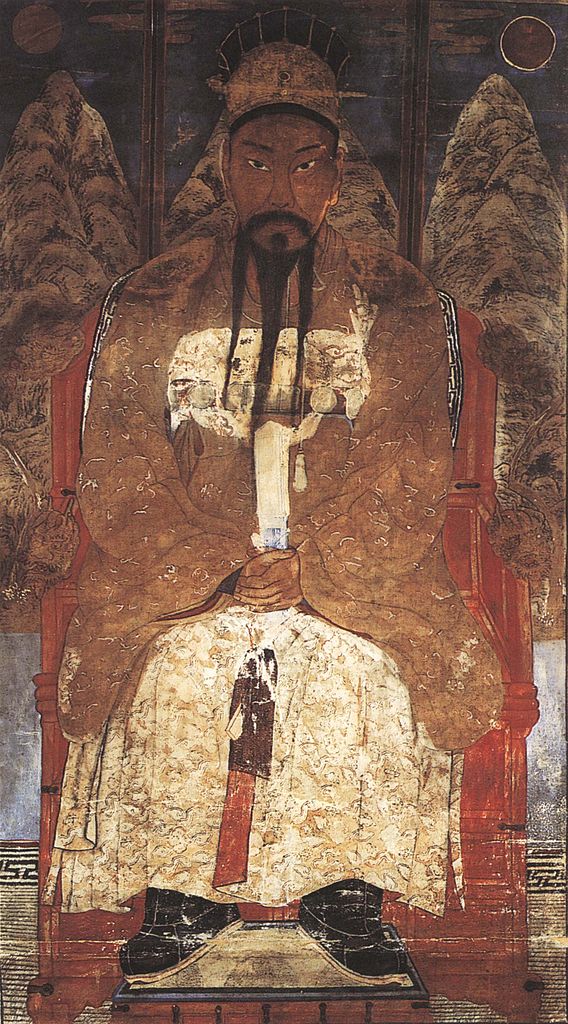Abstract
There is something called Kinsley’s Law. Coined by the US journalist Michael Kinsley, it states that when a politician tells the truth, it is called a gaffe. I am not sure if it is true all of the time, as I am not really sure that there are universal truths in social life beyond the usual platitudes, such as those concerning our inevitable mortality. To be sure, otherwise intelligent and indisputably wealthy individuals in Silicon Valley contest the impossibility of immortality. Be that as it may, it is difficult to deny that an uncomfortable truth uttered in public almost always causes a gasp, followed by an uneasy, embarrassed silence, and eventually, perhaps, a riposte or an act of revenge. I am afraid that the situation may not be so different for contemporary academics, who purportedly peddle one truth or another, without fear or favor, come rain or shine. For truth is difficult to attain. It is tempting for us mortals to seek shortcuts: a reference ignored, sometimes a whole library’s worth on the topic, especially if it is written in one or another foreign language. Worse, we often play games involving chairs and networks, seeking power and prestige and in so doing dividing insiders from outsiders or the elite from the masses, all the while claiming autonomy and authority in relation to our scholarship and the priority and primacy of truth. Unfortunately, as the classical scholar A.E. Housman exhorted in 1892: “The house of delusions is cheap to build, but draughty to live in, and ready at any instant to fall.” He was to articulate the origin of this state of affairs more succinctly and eloquently eleven years later: “the faintest of all human passions is the love of truth.”
Needless to say, as imperfect beings operating within the inevitably finite parameters imposed by time and resources, it is impressive that we manage to write articles and books that withstand the test of time, even if only briefly. Put less charitably, even a house of delusions takes some effort to build and maintain. And, as I suggested, it may very well be the case that there is no such thing as absolute truth that is independent of time and context. Yet, there is a yawning gap between the impossibility of truth and the faux-Nietzschean celebration of epistemic anarchy. We can only do more or better, but it is a good regulative idea to believe that truth can be achieved, meaning that we should speak and write openly and clearly. The punchline of this essay is that we can do a lot better when it comes to the regnant paradigm of Korean Studies in the United States.

This work is licensed under a Creative Commons Attribution-NonCommercial-NoDerivatives 4.0 International License.

